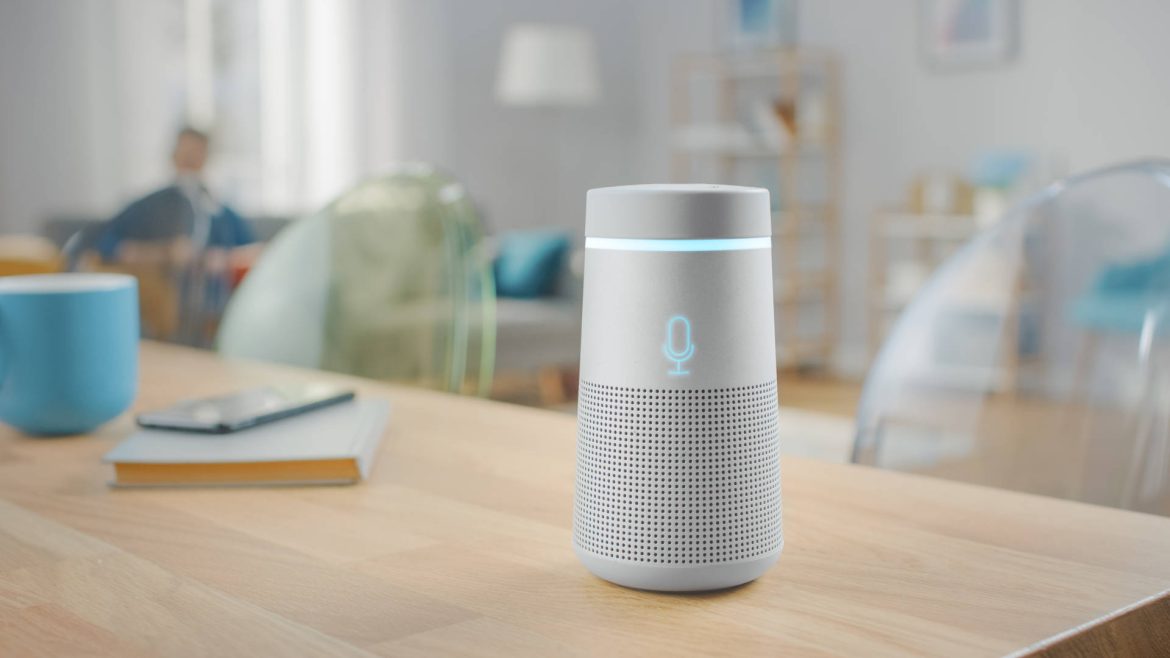Voice assistants are like personal genies – your wish is their command! These digital helpers can set reminders, appointments, make calls without interruption, search the web for answers to queries you submit on demand and play music whenever desired – or even control smart home devices!
Expert developers should implement this form of technology, making the costs and benefits worth taking into consideration before entering this channel.
Smart Homes
Voice assistants can be used to control smart home devices such as lights, thermostats and kitchen appliances using voice control technology. Furthermore, they can connect with music streaming services and home security systems for added functionality.
Voice control offers an effortless alternative to complex user interfaces like keypads, touchpanels, smartphones and remote controls for older adults and individuals with limited mobility. It is particularly advantageous for individuals with reduced mobility who may find complex interfaces difficult to use.
Voice assistants provide more than just device control – they also allow for creating automated routines that trigger actions automatically, for instance when setting your alarm or starting your coffee pot in the morning. You could set an early morning routine that lights, adjusts thermostat, activates coffee pot and plays your favorite song – this automation provides convenience and efficiency by replacing multiple apps or remote controls with simple voice command to control smart home devices – improving energy conservation, saving money and quality of life!
Smart Cars
Cars were one of the first large-scale user environments to adopt voice assistant technology, first pioneered by IBM and later adopted by Amazon’s Alexa voice assistant system. These hands-free interactions allow drivers to make calls, navigate routes, play music, or place orders without taking their eyes or hands off of the wheel or steering wheel.
Auto manufacturers are increasingly providing their own in-car voice assistants, though many still rely on third-party voice recognition services due to a lack of development capability and resources.
Additionally, using a third-party voice assistant means the auto manufacturer won’t collect its own behavioral data – potentially harming their brand over time. Customers now expect an all-encompassing in-car experience which seamlessly links their vehicles, homes, and lifestyles; for example using voice assistants can enable consumers to open garage doors or turn on living room lights before arriving home.
Smart Cities
Voice assistants have quickly become an essential tool in the workplace, helping employees quickly respond to customer inquiries, provide tailored recommendations, and troubleshoot technical issues – ultimately shortening customer wait times while improving overall service quality.
Cities are increasingly exploring digital assistants. Raleigh and Johns Creek in North Carolina have launched Alexa skills that allow residents to ask about zoning laws, police and fire department activity, current traffic conditions, city events/meetings/job openings within government, etc.
Telecommunications providers are helping make voice assistants accessible across industries by providing the infrastructure for seamless data transmission and fast response times, such as fiber-optic cable networks, 5G technology and widespread wireless network coverage – which all ensure high speeds with reduced latency. From a BMS standpoint, scholars delve into strategies for advertising VA use to individual households, measuring user satisfaction with technology usage as well as ways to identify user benefits beyond efficiency gains and measuring trust (Lackes et al. 2019).
Artificial Intelligence
Voice AI assistants differ significantly from old-fashioned automated call systems and IVR menus in that they utilize natural language processing capabilities to be more responsive. Furthermore, these assistants learn from previous interactions to provide more personalized experiences for users.
One example is Samsung’s Bixby personal assistant, integrated into its smart phones and other connected devices (such as refrigerators). Bixby can read push notifications to inform users about events or services that may interest them.
However, AI technology presents certain privacy considerations for both brands and consumers to bear in mind when using voice assistants for business purposes, such as virtual customer support agents. Eavesdropping, hacking, data collection and third-party integrations that compromise user privacy could all pose potential threats. Clear regulations, transparency from AI developers and informed users are necessary for its safe usage; especially important when voice assistants are used as virtual customer support agents.




